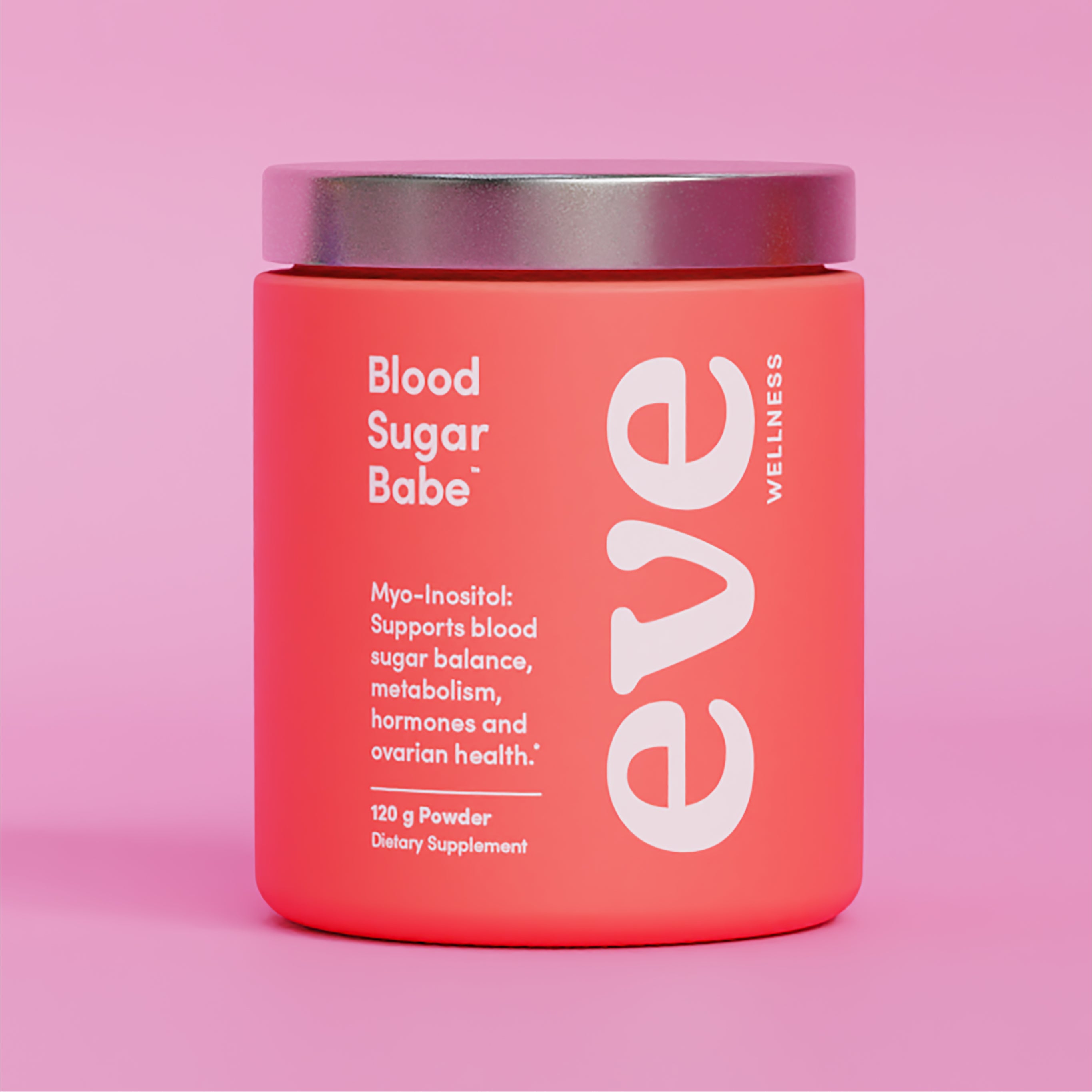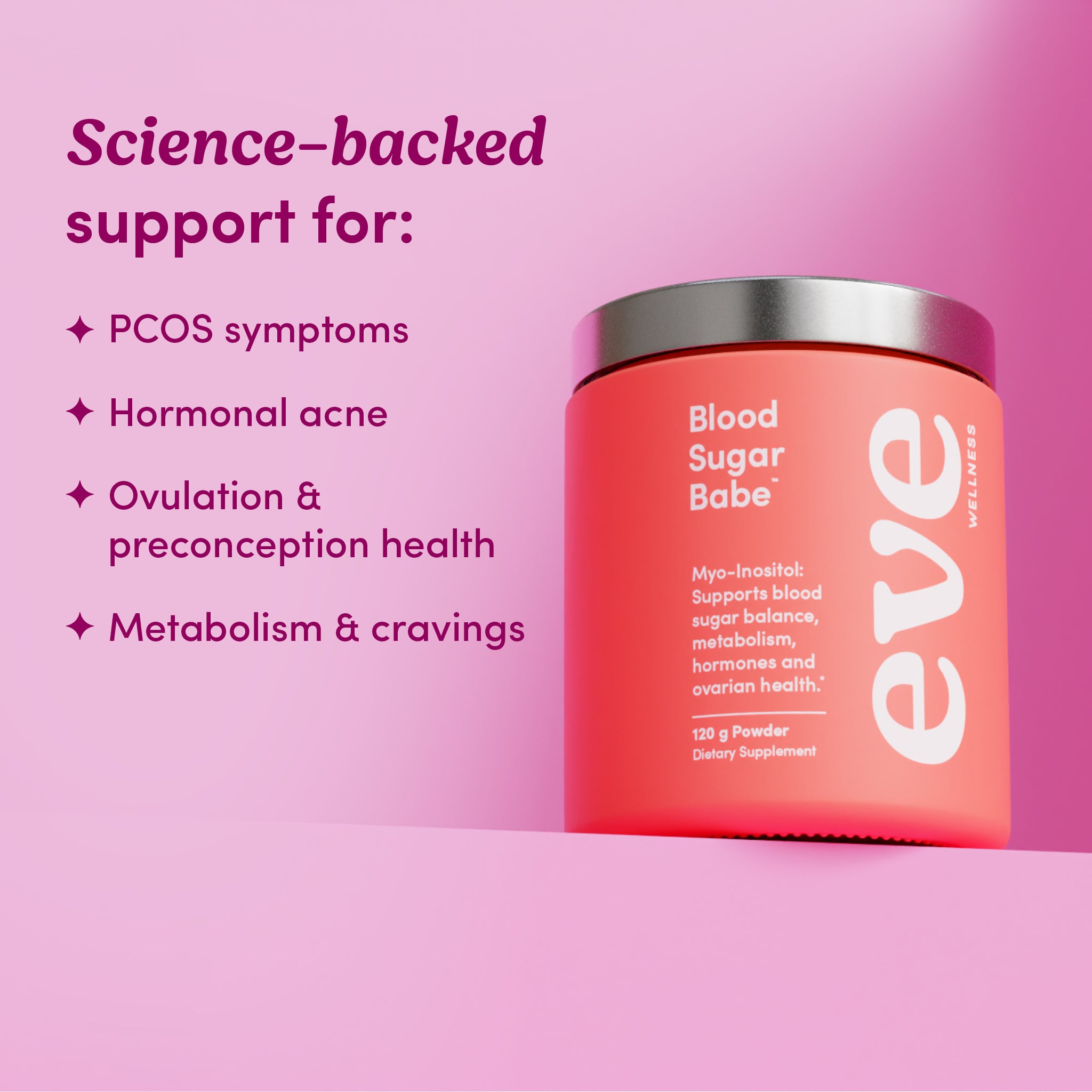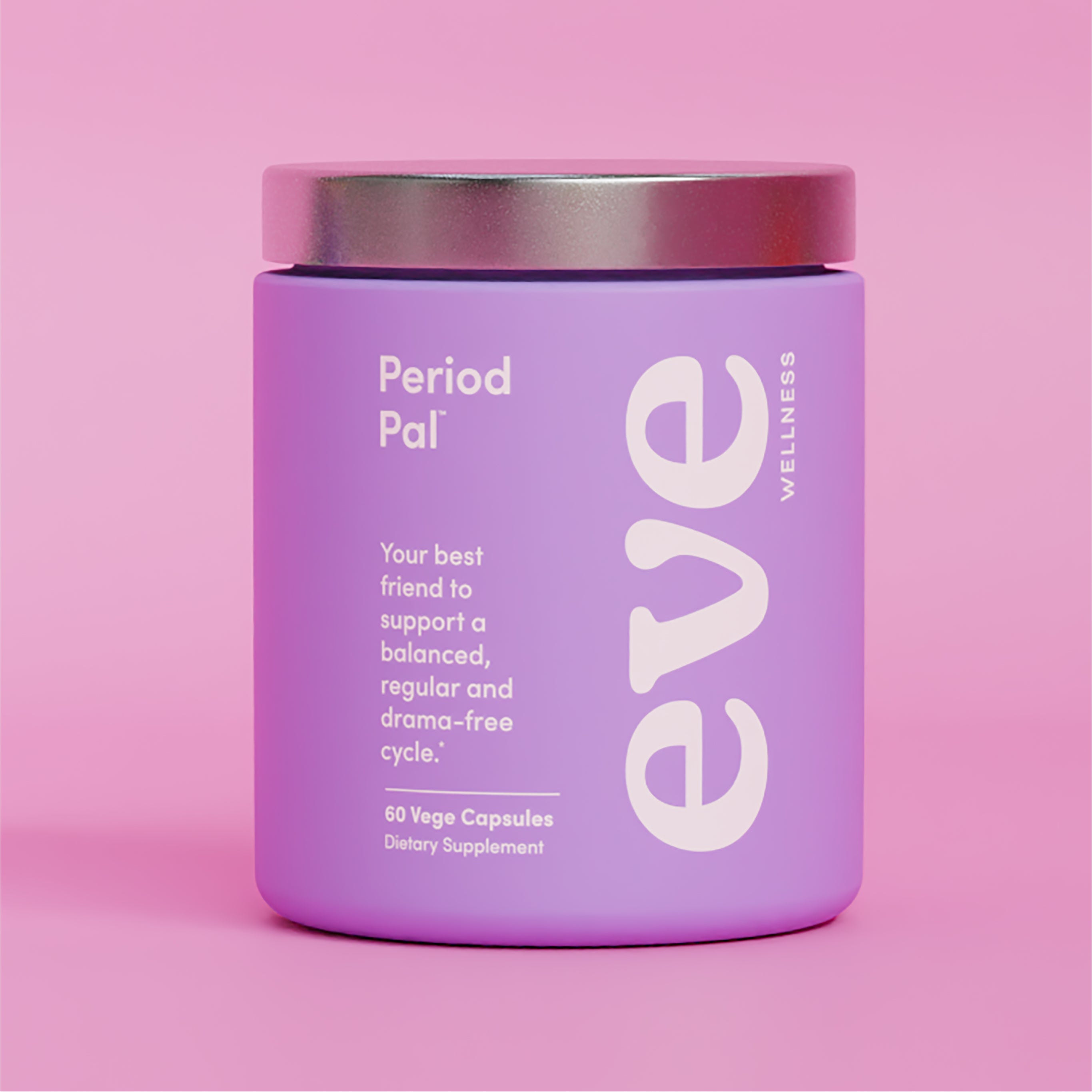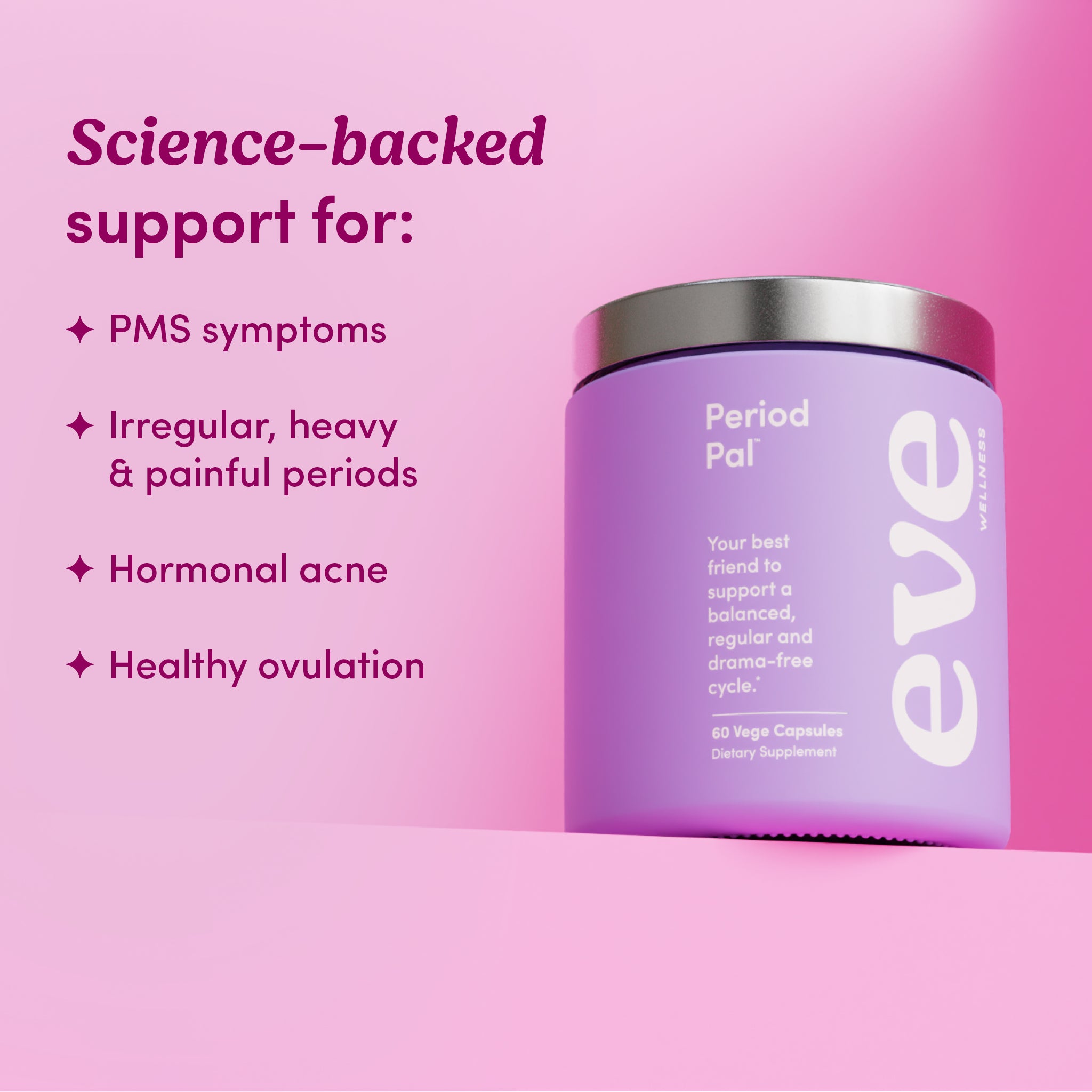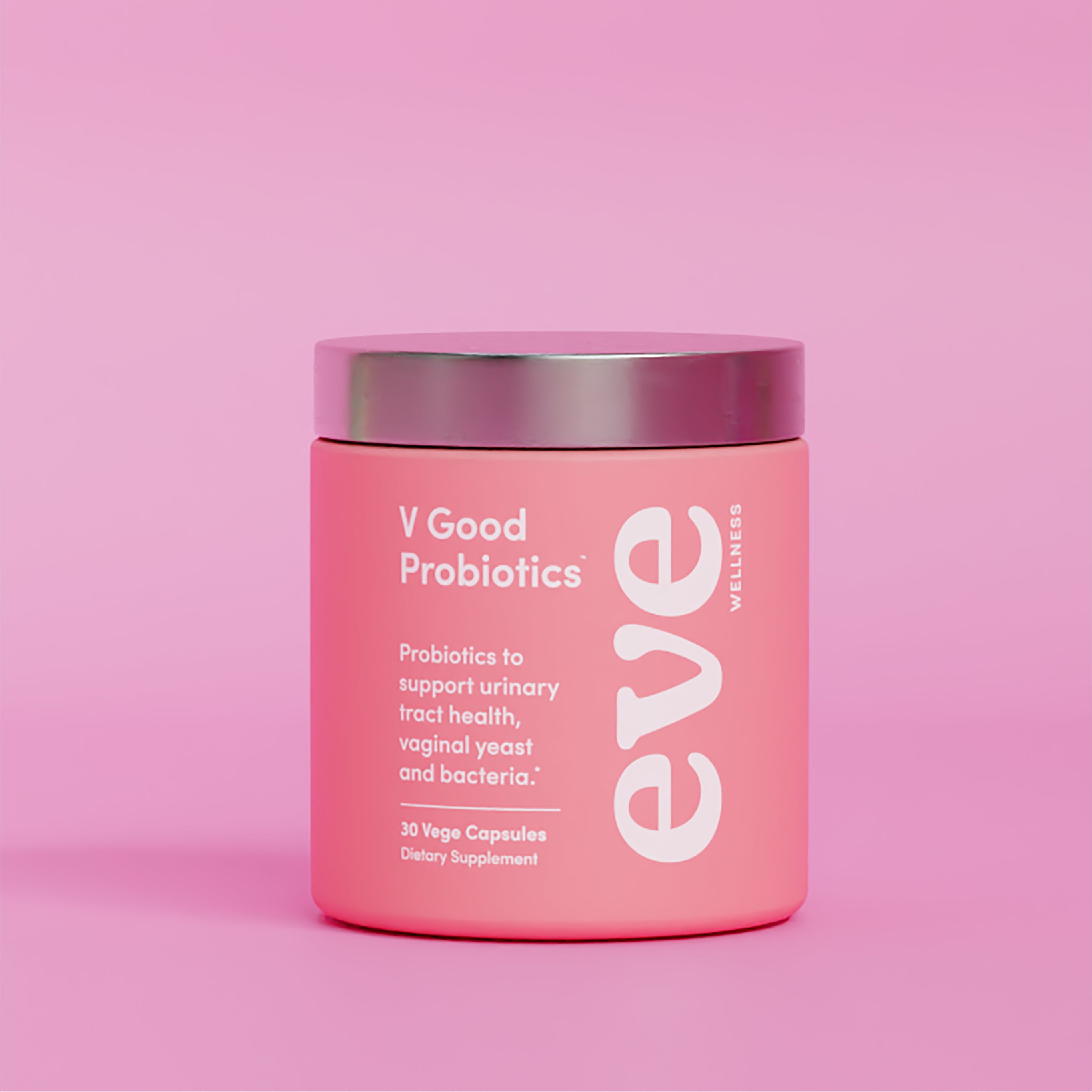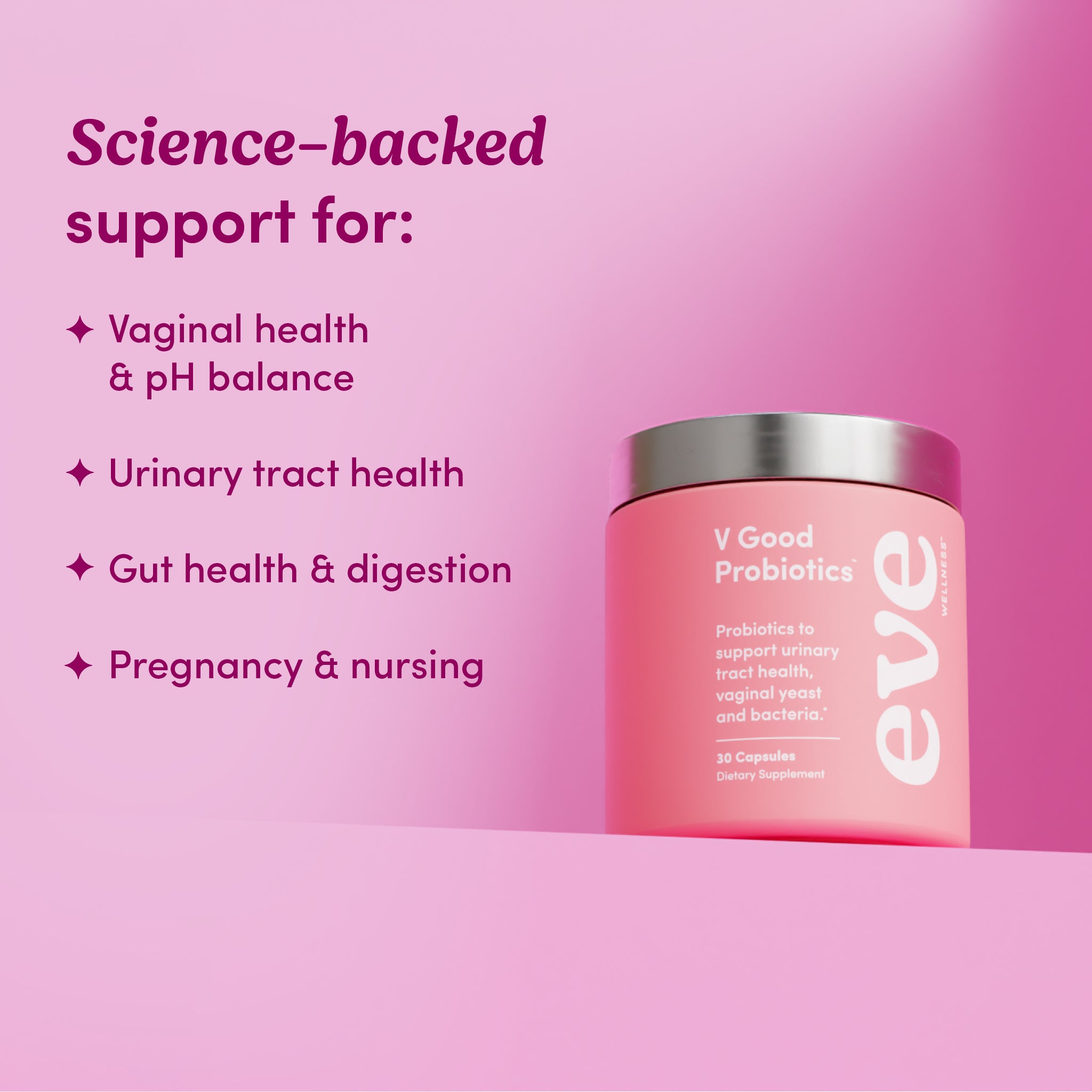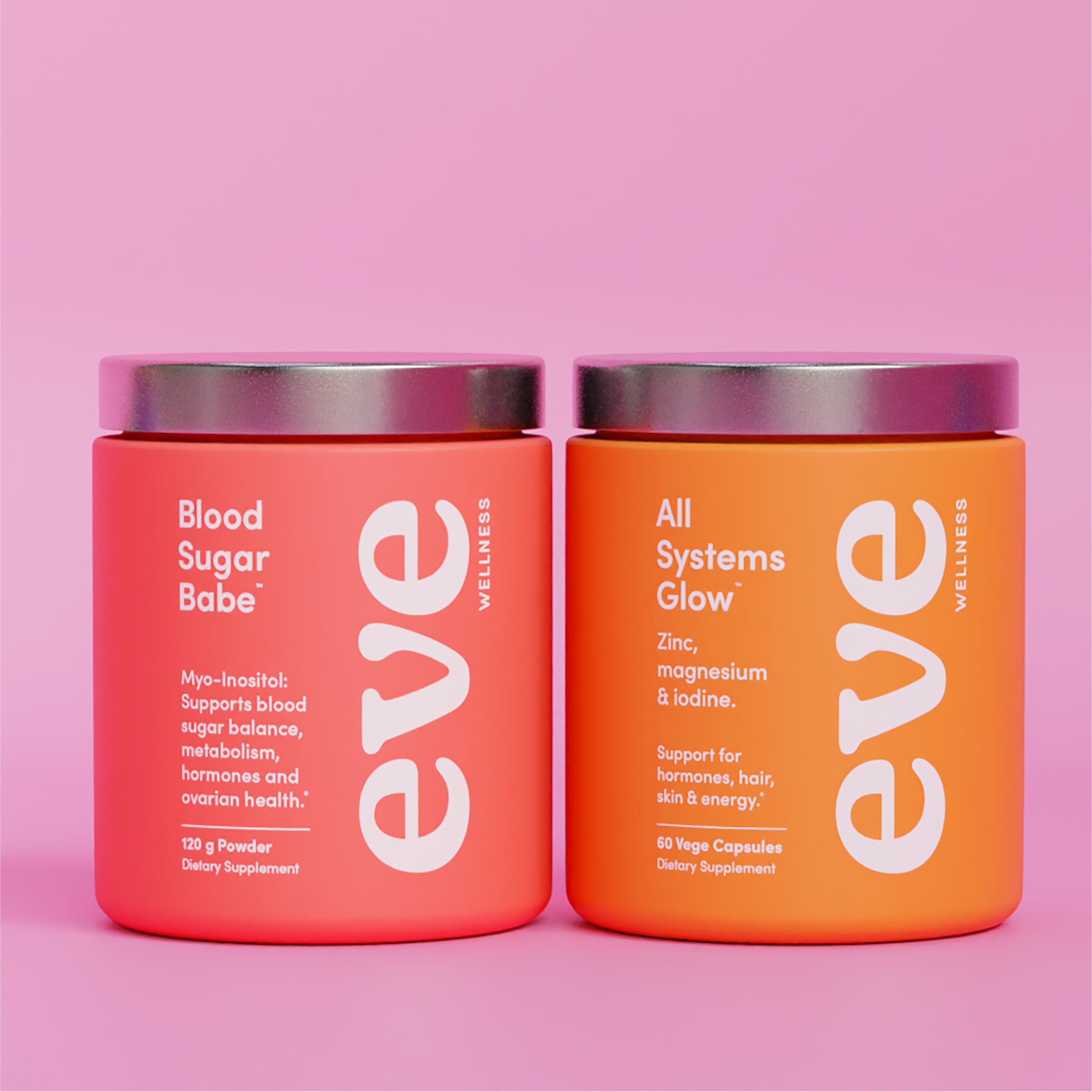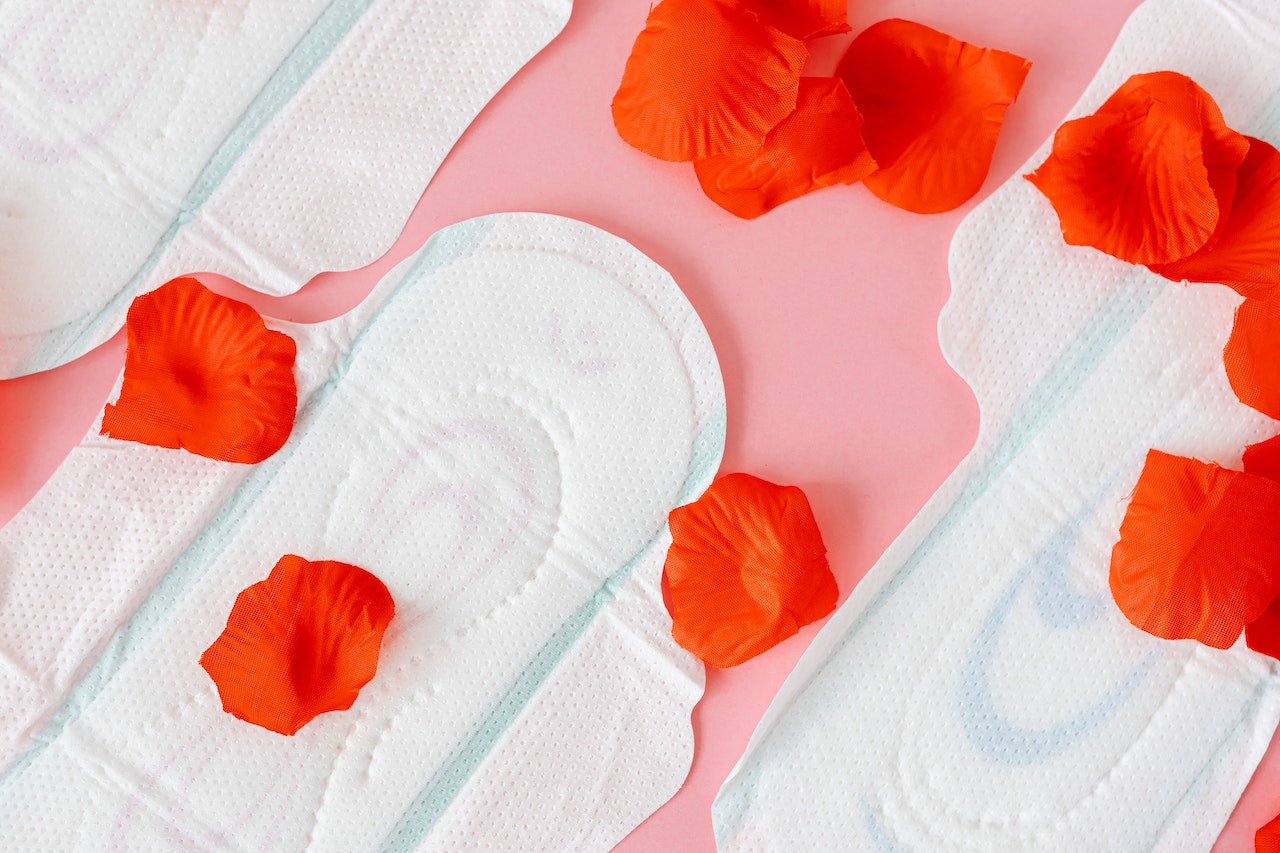If you’re anything like we were, from the time you found out that periods were a thing you haven’t really understood exactly what happens every month, and that’s ok. Aside from some awkward high school health ed or a cheesy tampon commercial - periods just aren’t one of those ‘talked about’ things.
But, it’s our mission to change that...
After all, around 50% of the population has a period every month of their adult lives—a normal, important, healthy process that as you are probably well aware, can have a pretty noticeable impact on how you think and feel.
So here it is. No fuss, no sugar coating; just 10 of the most common, juicy period questions answered.
1. Why do we get periods?
Every 28 days or so, the female body goes through the motions of laying down a fresh lining inside the uterus for a potential fertilised egg—whether procreating is on your to-do list that month or not.
The arrival of your period marks the first day of your menstrual cycle. This is when your body sheds its uterus lining, along with all hope of pregnancy this month—an ‘out with the old, in with the new’ (in more ways than one).
2. Are periods necessary?
Healthy, ovulatory cycles that lead to regular periods are a normal function of a thriving female body!
While they are not essential to your life, many would argue they are essential to your health. This is because the hormones created by and for this process support your mood, bones, energy, skin, appetite, immune system, libido and more.
Losing your period for periods of time (excuse the pun), is a sign from your body that something is up.
3. Can you period make you feel tired and anxious?
During your period, both oestrogen and progesterone are at their lowest levels; in fact this is what triggers the bleed in the first place.
Oestrogen supports energy, mood and confidence, and progesterone is more of a hormonal-chill-pill. Because of this, you might find yourself feeling a little more introverted, tired and even a little agitated.
You’ll want to rest more than you usually would and a night of Netflix might seem a whole lot more attractive than a night out. This is only natural, be patient and gentle with yourself.
4. Why was my period late?
It’s not always the most obvious potential reason… All sorts of diet and lifestyle factors can affect your hormones, which can in turn affect when your period arrives, such as:
- Going through a particularly stressful time;
- Sickness;
- Excessive exercise or restrictive diets;
- Changing time zones;
- Taking certain herbs, supplements and medications;
- Pregnancy and menopause.
A little variation month-to-month is normal and to be expected, but if your periods are consistently irregular, you’ll want to investigate why this might be the case.
5. How much blood is too much blood?
By medical terms, losing 80ml or more of blood during your period is considered heavy bleeding (or ‘menorrhagia’ if you wanna get technical). However, the reality is that an amount of blood in millilitres isn’t all that helpful in knowing whether or not you should be concerned with your bleeding.
Some good indicators of heavy bleeding are:
- Consistently soaking through tampons in 2 hours or less;
- Needing to double up on menstrual products;
- Having your period for more than 7 days;
- Having to keep a very close eye on your flow to prevent leakage.
In many cases, heavy periods are related to hormone imbalances related to oestrogen and progesterone, or the result of iron deficiency (anemia). If this is something you experience, we’d recommend exploring each of these areas of your health.
6. Are clots a sign that something is wrong?
Not necessarily - a few small clots here and there are fairly normal on the first few days of bleeding and generally goes hand in hand with heavy bleeding.
Your body releases its own anticoagulants to prevent your period from clotting as it sheds, but when there’s a lot of blood coming quite quickly, there’s not always enough anticoagulants to go around, or enough time for them to come into full effect.
Provided they aren’t bigger than about 2-3cm and coupled with excessive blood loss, clots aren’t anything to worry about.
7. Is cramping normal?
It's normal to feel a dull ache, feelings of heaviness, or even a light twinge in your lower pelvis or back in the first day or two of your period, and sometimes the day before it starts as well.
This shouldn’t be anything that causes you too much pain, or prevents you going on with your day as usual. This is simply the result of your uterus contracting and relaxing to expel the cosy lining it has built in the past month —a perfectly healthy and normal process.
Period pain that goes above and beyond this is not normal. Because so many people experience painful PMS it has almost become mainstream that you “just take a painkiller and deal with it”. But we’re here to tell you this doesn’t have to be your norm - check out our blog here to learn more about how to have a painless period.
8. Are periods on the pill 'real' periods?
If we think of a ‘real’ period as a well synchronised dance of oestrogen and progesterone with ovulation as the main event, then no—pill bleeds are not ‘real’ periods.
The oral contraceptive pill contains a combination of a synthetic form of oestrogen, called ethinyl estradiol, and one of a range of different forms of synthetic progesterone, known as progestin. Every day that you take an active pill, these hormones stay at the same level.
The bleed you get when switching to the inactive pills is technically a withdrawal bleed—your body's response to the drop in synthetic hormones which causes the lining of your uterus to shed.
Fun fact: the reason that this pill ‘period’ exists in the first place was an attempt to make birth control seem more acceptable to the Pope when they first came about in the 1960’s— oh how times have changed.
9. Is it true that your period syncs up with people you spend a lot of time with?
Researchers have actually studied this and apparently it's not actually a thing... sorry to burst that bubble!
However, there is science to suggest that our cycles can sync with the moon. Perhaps it's not such a coincidence that the moon’s cycle is also 28 days long? Take note and report back!
10. Is my period blood a normal colour?
A normal, healthy period is bright red, although it may darken in colour on the heavier days and might get slightly brown towards the end.
Dark red, brown or black is simply older blood that has taken longer to leave your uterus and has had more of a chance to mix with oxygen.
Blood that is pink or watery and has a very light flow can be an indicator of low hormone levels and is worth investigating.
